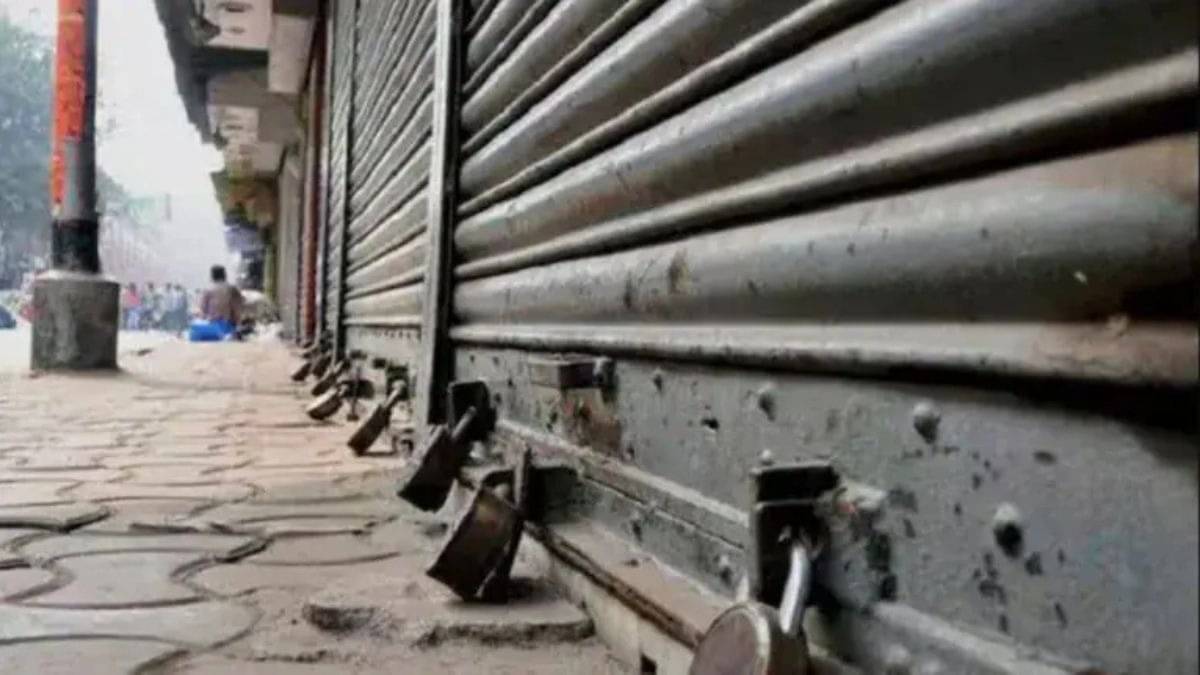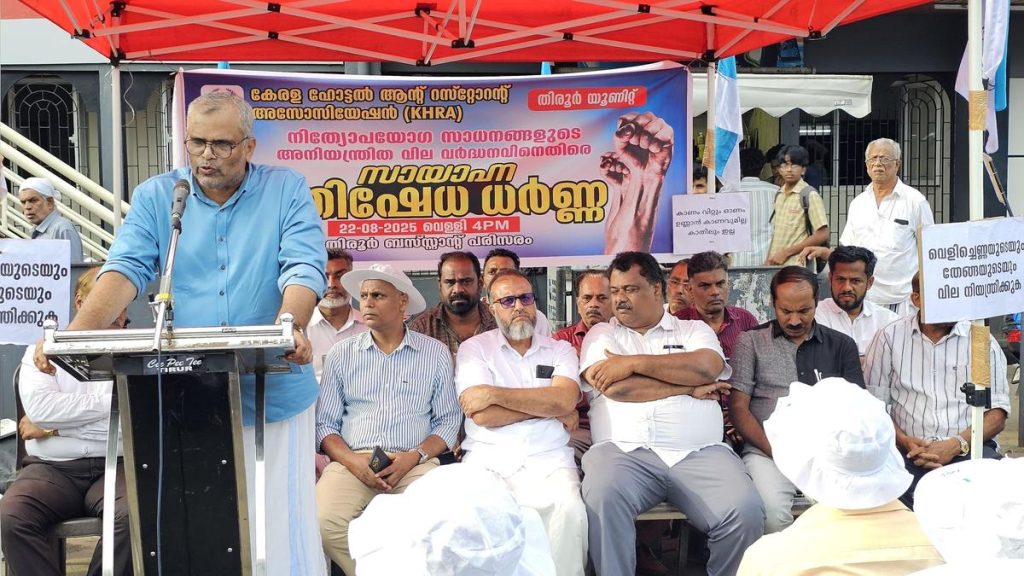Now Reading: Bharat Bandh 2025: Workers, Farmers Rally Nationwide on July 9
-
01
Bharat Bandh 2025: Workers, Farmers Rally Nationwide on July 9
Bharat Bandh 2025: Workers, Farmers Rally Nationwide on July 9

Quick Summary
- Bharat Bandh has been announced for July 9 by a coalition of 10 central trade unions, farmers’, and rural workers’ groups.
- Reason for Strike: Protest against “anti-worker, anti-farmer, and pro-corporate” policies alleged to favor corporations over welfare.
- Over 25 crore workers across various sectors (banking, postal services, coal mining, factories, state transport) expected to participate.
- Unions have raised a 17-point charter of demands, including:
– Rollback of four new labour codes that allegedly weaken workers’ rights and increase working hours.
– Protection of employment and guaranteed minimum wages.
– Reviving the Indian Labour Conference after a decade-long pause.
- Further concerns include privatisation and outsourcing of public sector enterprises that unions claim harm people’s livelihoods.
- The strike follows previous nationwide protests held on November 26 (2020), March 28-29 (2022), and February 16 (2023).
Impact:
- No official notification about school or office closures; these are likely to remain open unless transport disruptions intervene.
- Essential services like hospitals and mobile networks are unlikely to be affected.
For details on the ongoing mobilisation process or regional updates related to closures/disruptions: read More
Indian Opinion Analysis
The Bharat Bandh underlines deep-seated tensions between worker groups and government policies perceived as prioritizing economic liberalisation over social welfare. Wiht significant participation from formal and also informal sectors-alongside farmers-it reflects widespread discontent among diverse stakeholder groups in india’s economy. The scale of this mobilisation potentially signals mounting pressure for policy-level engagement rather than isolated concessions.
While prior strikes pursued similar grievances without major resolutions from the government side, consistent agitation could deepen socio-economic division if not addressed constructively. Moreover, disruption caused by such mass movements poses challenges for essential logistics-dependent industries like transportation while testing India’s emergency readiness across sectors.
This strike underscores an urgent need for inclusive dialog mechanisms such as the revival of platforms like the Indian Labour Conference-a recurring demand-and sustained efforts toward balancing corporate interests with grassroots welfare priorities.

























